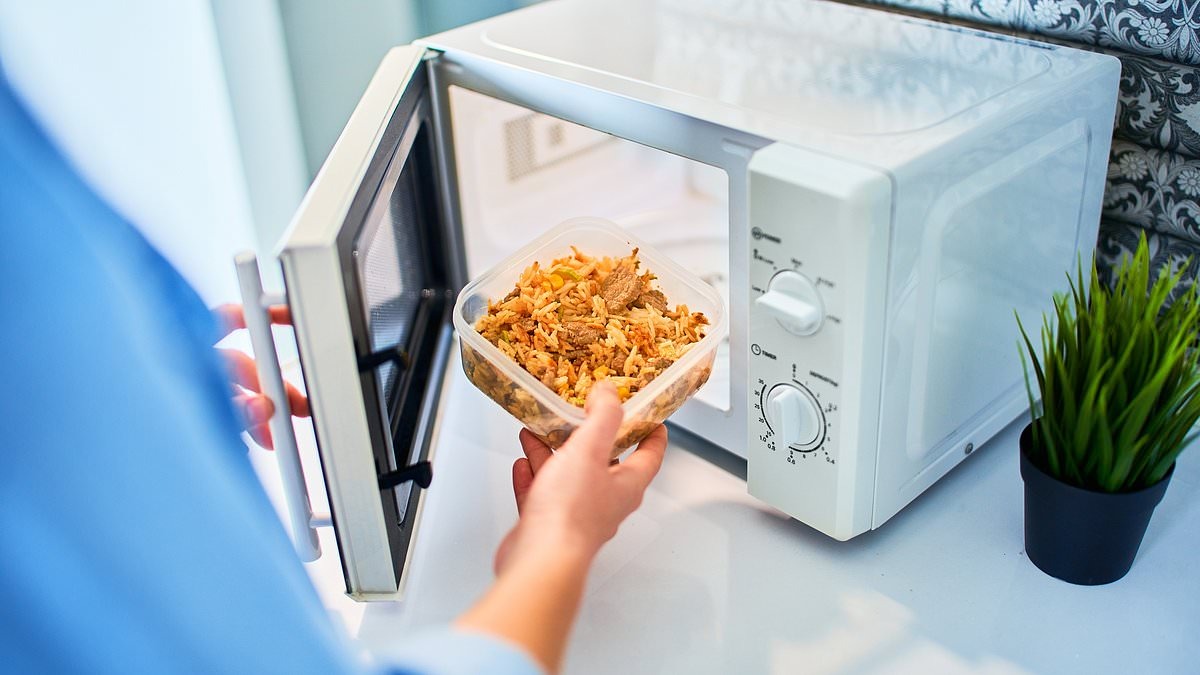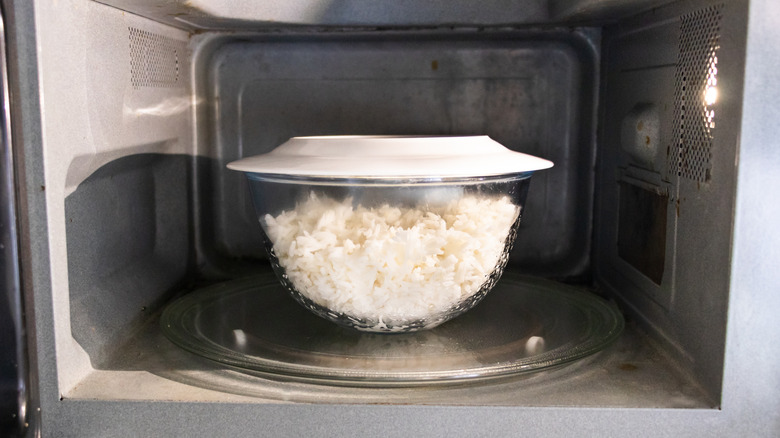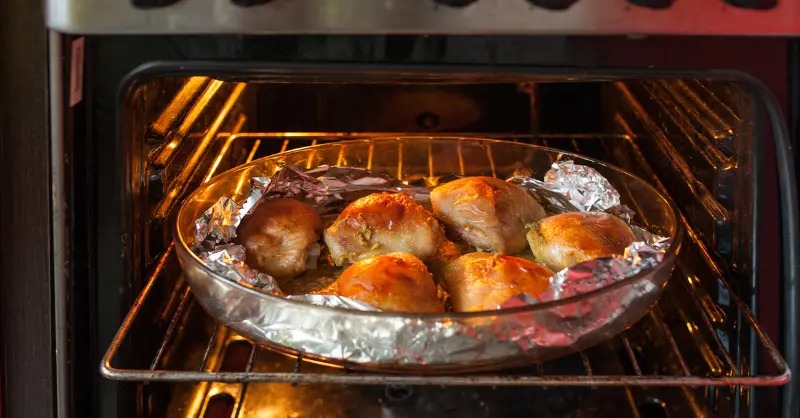Reheating leftovers seems like a quick, practical way to save time and avoid food waste. But did you know that certain foods can become harmful to your health when reheated?
While efficiency is important, some foods can develop toxins, foster bacterial growth, or undergo chemical changes that turn them into potential health hazards when reheated.

1. Rice
Rice is one of the most common culprits behind food poisoning caused by reheating.
Why?
- Resilient bacteria: Uncooked rice can contain spores of Bacillus cereus, a bacterium that can survive cooking. If cooked rice is left out at room temperature too long, these bacteria can multiply rapidly.
- Dangerous toxins: If you reheat rice that has been sitting out, the toxins produced by these bacteria won’t be destroyed by microwave or stovetop heat.
- Health risks: These toxins can cause intense vomiting and diarrhea, especially in children or people with weakened immune systems.
Recommendation: Only cook what you’ll eat, and refrigerate leftovers within two hours of cooking. When reheating, make sure the rice is piping hot all the way through and eat it right away.

2. Chicken
Chicken is highly nutritious but becomes risky when not handled properly after cooking—especially during reheating.
- Sensitive proteins: The proteins in chicken can change structure when repeatedly reheated, which not only reduces nutritional value but can also irritate the digestive system.
- Bacterial threat: Improperly reheated chicken can harbor harmful bacteria like Salmonella or Clostridium perfringens, both of which are known to cause foodborne illnesses.
- Texture and taste: Reheating chicken too many times can dry it out, leaving it tough and flavorless.
Recommendation: Don’t reheat chicken more than once. When you do, make sure it reaches an internal temperature of at least 75°C (167°F) to ensure any bacteria are killed.

Reheating leftovers seems like a quick, practical way to save time and avoid food waste. But did you know that certain foods can become harmful to your health when reheated?
While efficiency is important, some foods can develop toxins, foster bacterial growth, or undergo chemical changes that turn them into potential health hazards when reheated.

1. Rice
Rice is one of the most common culprits behind food poisoning caused by reheating.
Why?
- Resilient bacteria: Uncooked rice can contain spores of Bacillus cereus, a bacterium that can survive cooking. If cooked rice is left out at room temperature too long, these bacteria can multiply rapidly.
- Dangerous toxins: If you reheat rice that has been sitting out, the toxins produced by these bacteria won’t be destroyed by microwave or stovetop heat.
- Health risks: These toxins can cause intense vomiting and diarrhea, especially in children or people with weakened immune systems.
Recommendation: Only cook what you’ll eat, and refrigerate leftovers within two hours of cooking. When reheating, make sure the rice is piping hot all the way through and eat it right away.

2. Chicken
Chicken is highly nutritious but becomes risky when not handled properly after cooking—especially during reheating.
- Sensitive proteins: The proteins in chicken can change structure when repeatedly reheated, which not only reduces nutritional value but can also irritate the digestive system.
- Bacterial threat: Improperly reheated chicken can harbor harmful bacteria like Salmonella or Clostridium perfringens, both of which are known to cause foodborne illnesses.
- Texture and taste: Reheating chicken too many times can dry it out, leaving it tough and flavorless.
Recommendation: Don’t reheat chicken more than once. When you do, make sure it reaches an internal temperature of at least 75°C (167°F) to ensure any bacteria are killed.


